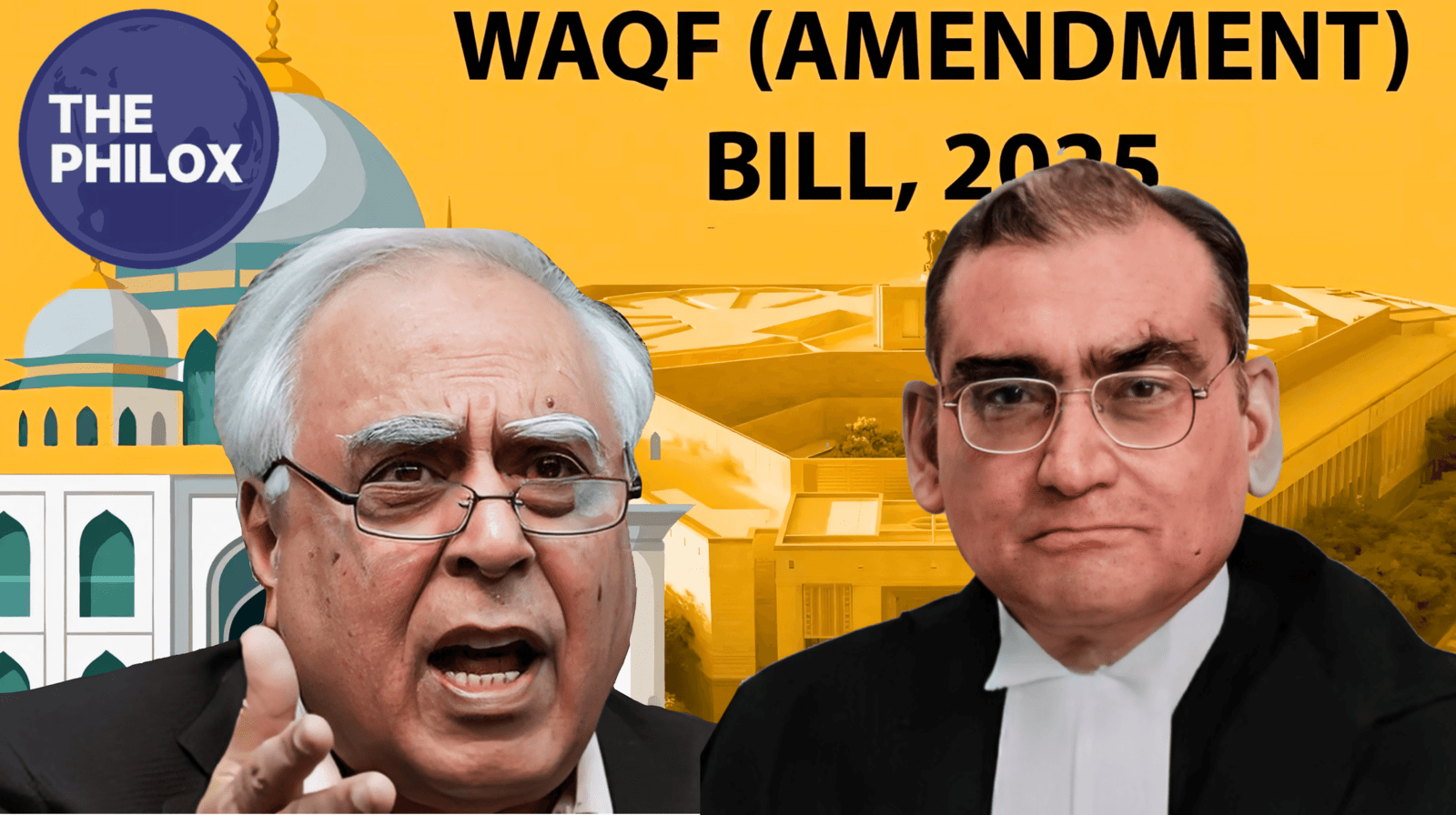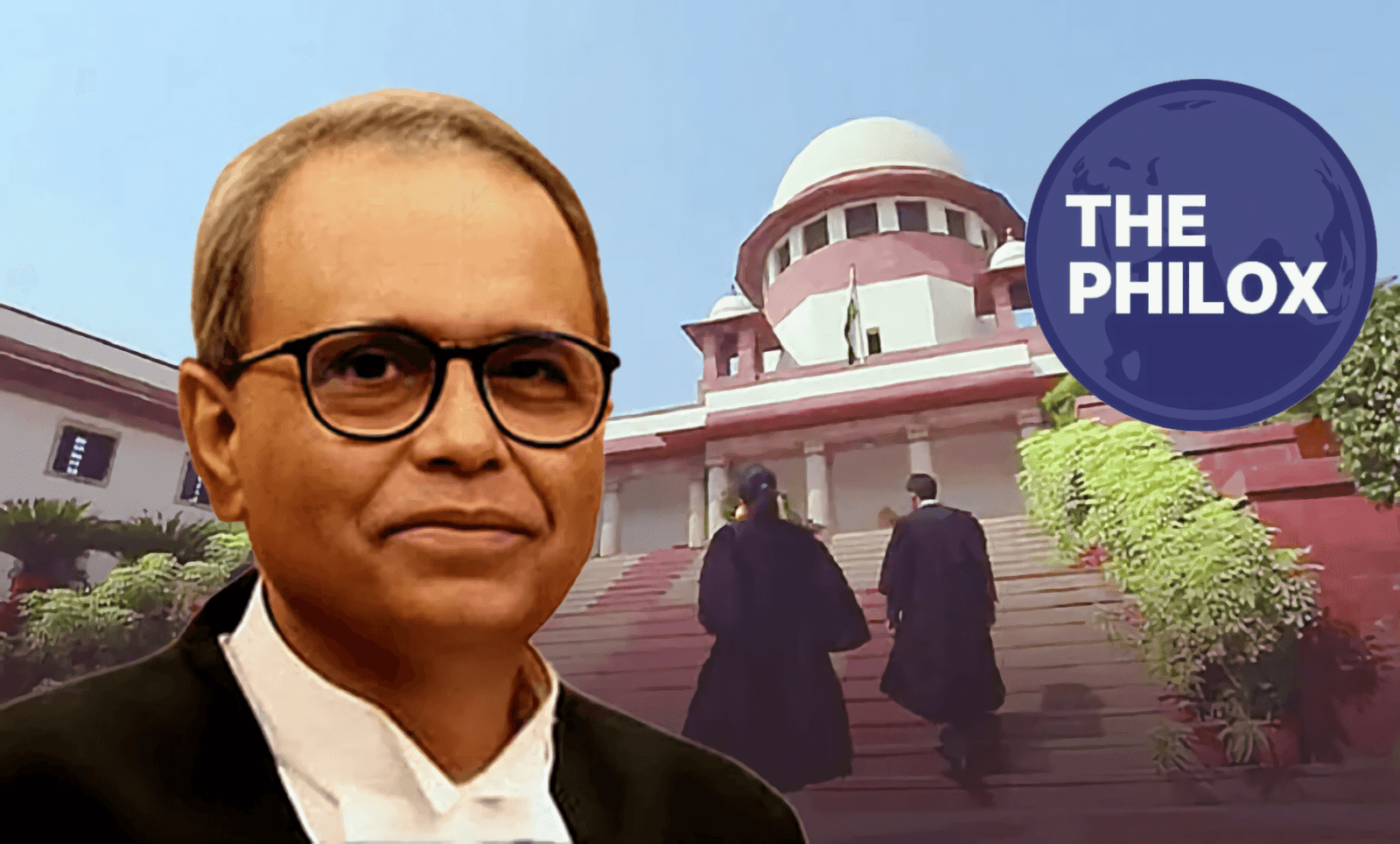Courtroom to Political stage: After the Rakesh Kishore Shocking Protest, the CJI Eyes Electoral Run.
Rakesh Kishore, the attorney whose notoriety has been immediate and shocking due to the outrageous attempt to drop a shoe on Chief Justice of India B.R. Gavai during one supplies hearing at the Supreme Court, is now on record as considering a jump into the political arena.
Addressing the Delhi house where he is staying which has been infested by a strange assembly of the supporters and media houses, Kishore declared his desire to shift the symbolic protest to systemic correction.
His outburst at the courtroom was not to be viewed as an instance of madness, but he made it a calculated, needed act of performance art to reveal what he believes to be the insensitivity of the judicial system to the plight of the common man to get justice and to hold the judges to account.
The political agenda of Kishore, which he has provisionally called the Citizen Transparency Front, is the radical judicial openness, the violent cleansing of corruption in state bodies, and a constitutional requirement of judicial redressal at hyper pace. He insists that the defiance he made was so effective in this exact reason that it became the anger of millions of people who feel neglected by the elite mechanisms of authority, even the top courts.
His hope is to use his new, notorious, publicity to circumvent conventional political structures, and instead he will rely on a populist movement based on grassroots to mobilize people to be angry at bureaucratic and judicial stalling. The suspended advocate asserted that he will challenge the next big election but he is coy on the name of the constituency, only mentioning that it would be a constituency that is held by an establishment figure.
The reaction of political establishment has been polarized as expected. Although his actions in court have been unanimously denounced as an attack on the judicial dignity by the mainstream parties and a menace to the democracy, fringe regional parties and some populist youth groups have been reportedly keen on adjoining the anti-establishment sentiment of his.
The opponents dismiss Kishore, an opportunist who is playing up to publicity and argue that his unstable behavior is not befitting the composed environment of legislative politics. On the other hand, his fanatical followers, who were mostly organized through the anonymous social media platforms, celebrate him as a fearless fighter, and his bar suspension is considered evidence of his threat to the status quo.
The unorthodox career path of Rakesh Kishore is an ominous and alarming development of the political system in India, where fame is quickly overtaking the traditional credentials. The main issue now is whether the outrage that was created by his action by the population can be effectively translated into the voting process or his political ambition will dissipate as a by-word show.
The former advocate-cum-wanna-be-politician has at any rate provoked a radical reconsideration of old political categories: the electoral politics of the Indian democracy may, indeed, be opening its doors to a new breed of unscrupulous, attention-seeking breeds who are apt to break the canon of democracy to secure a seat in the limelight, and thus forever altering the definition of the political eligibility.









